27.30 zł
Zamówienie wyślemy do 00 00 00
| Autor | Krzysztof Bochenek, Leszek Gawor, Magdalena Michalik-Jeżowska, Ryszard Wójtowicz |
|---|---|
| ISBN | |
| Rok wydania | |
| Liczba stron | |
| Format | |
| Cena katalogowa |
TABLE OF CONTENTS
1. Introduction
2. Philosophy in the Middle Ages
2.1. Polish philosophy before the establishment of the University of Cracow
2.2. Establishment of the Academy of Cracow
2.3. Doctrinal trends in Cracow scholasticism
2.3.1. Via moderna
2.3.2. Via communis
2.3.3. Via antiqua
2.3.4. Neoplatonism
2.3.5. Thomism
2.3.6. Albertist-Thomistic-Egidian syncretism
2.3.7. Scotism
2.3.8. Averroism
2.3.9. Augustinism in the view of Alexander of Hales
2.4. Socio-political thought
3. Polish philosophy in the Renaissance and Baroque
3.1. General characteristics of the Polish Renaissance and Baroque
3.2. The beginnings of the Renaissance in Poland
3.3. Nicolaus Copernicus and his work
3.4. Ideological trends in the Polish Renaissance
3.4.1. Epicureanism
3.4.2. Stoicism
3.4.3. Platonism
3.4.4. Aristotelianism
3.4.5. Neoplatonism
3.5. Moral philosophy
3.6. Social and political philosophy
3.7. Philosophical historiography
3.8. Scholasticism
3.9. Sarmatism
3.10. Arianism (the Polish Brethren)
4. Polish philosophy in the Enlightenment
4.1. The specificity of the Enlightenment in Poland
4.2. Philosophers of the Polish Enlightenment
4.2.1. Hugo Kołłątaj
4.2.2. Stanisław Staszic
4.2.3. Jan Śniadecki
4.2.4. Jędrzej Śniadecki
4.2.5. Wojciech Gutkowski
4.2.6. Feliks Jaroński
5. Polish philosophy of the Romantic era
5.1. The beginnings of the Polish philosophy of the Romanticism
5.2. Messianism
5.3. National philosophy
5.4. Social and political thought of the Great Emigration
6. The philosophy of Polish positivism
6.1. Warsaw positivism
6.2. Positivism in science
6.3. Neo-Kantianism
6.4. Critics and the fall of Polish positivist philosophy
7. Polish philosophy in the age of modernism
7.1. The epistemological reflection of Young Poland
7.2. Metaphysics and religious thought in modernism
7.3. Neo-Messianism
7.4. Social thought in the years 1895-1918
8. Polish philosophy in the interwar period
8.1. The Lviv-Warsaw school
8.2. Polish neo-scholasticism
8.3. Philosophical-religious thought
8.4. Social philosophy
8.5. Philosophy of culture
9. Polish philosophy after World War II
9.1. Main orientations of Polish philosophy after 1945
9.1.1. Marxism
9.1.2. Neo-Thomism and personalism
9.1.3. Analytic orientation
9.1.4. Cracow school of phenomenology
9.1.5. Philosophical groups
9.2. Current trends in Polish philosophy
10. Selection of post-war general literature on the subject
11. Conclusion
12. A selection of an English bibliography
13. Index of names
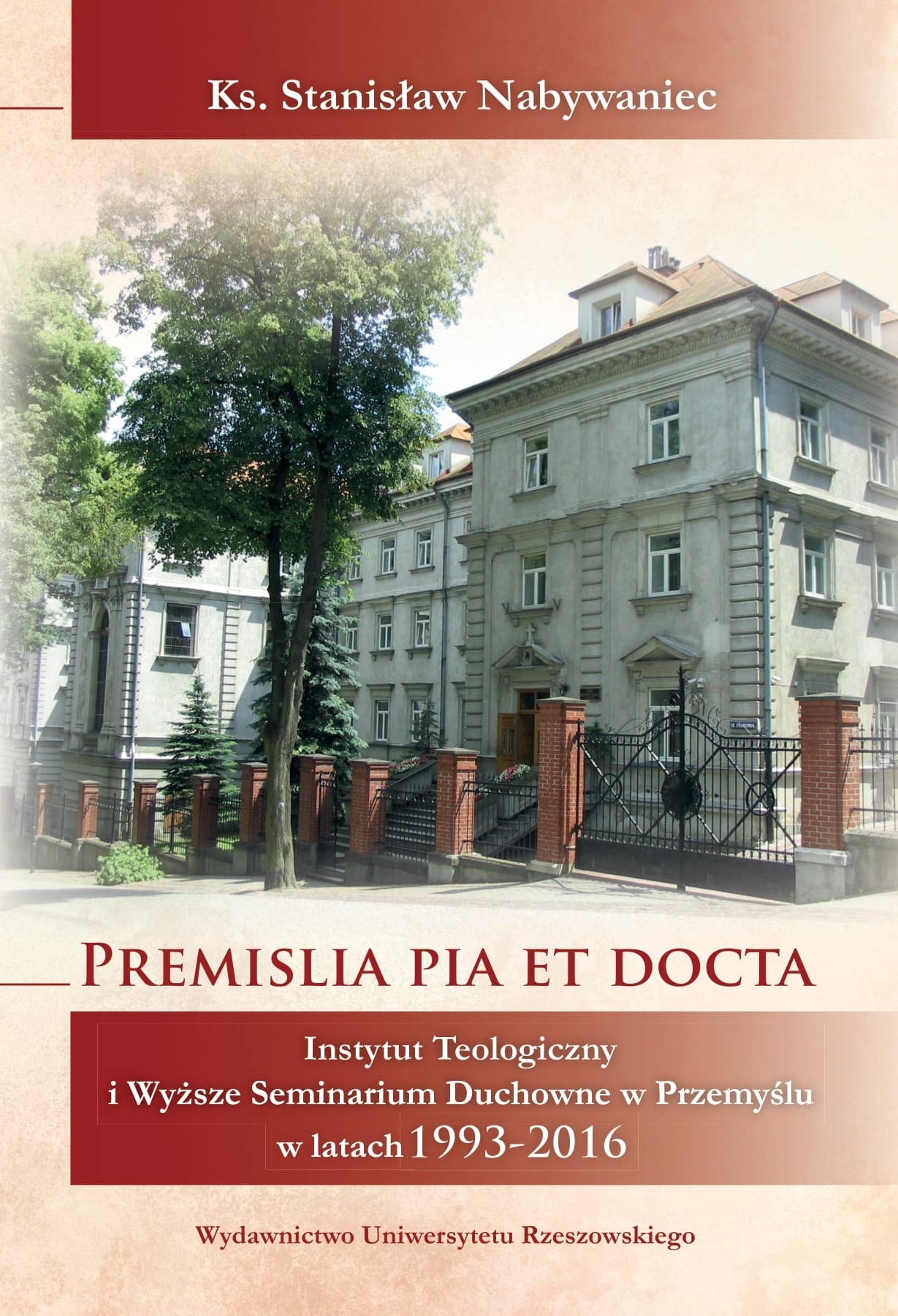
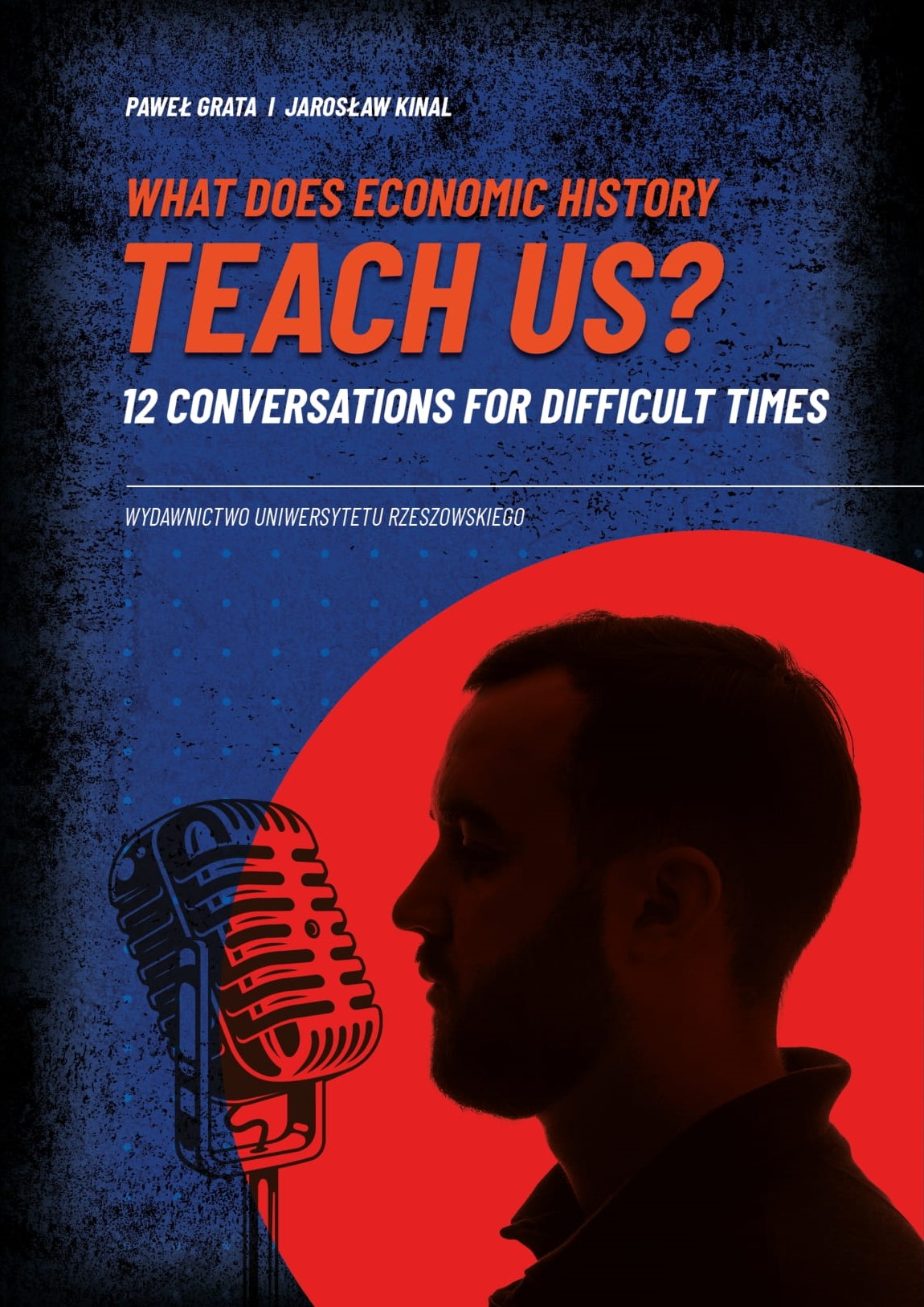

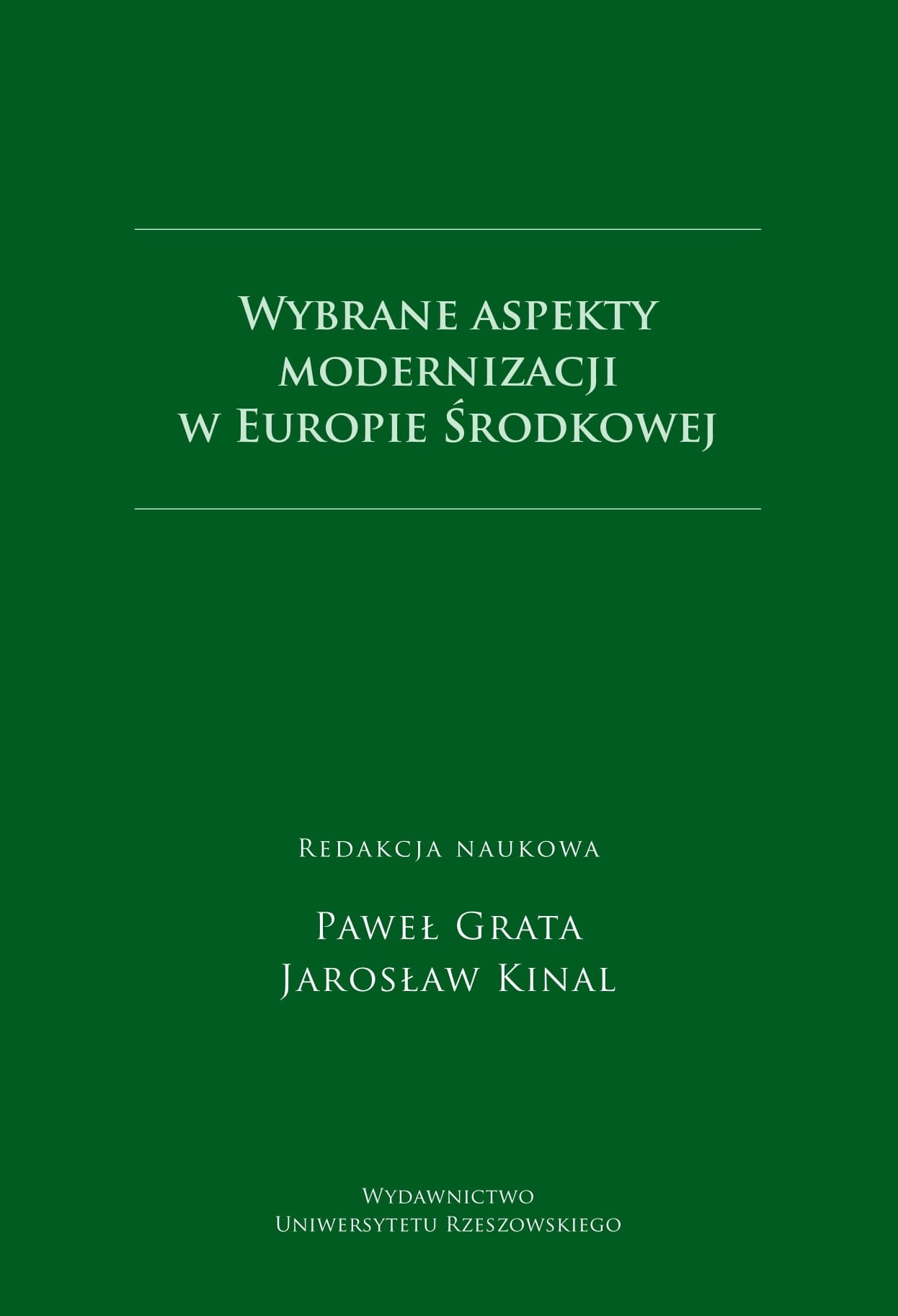
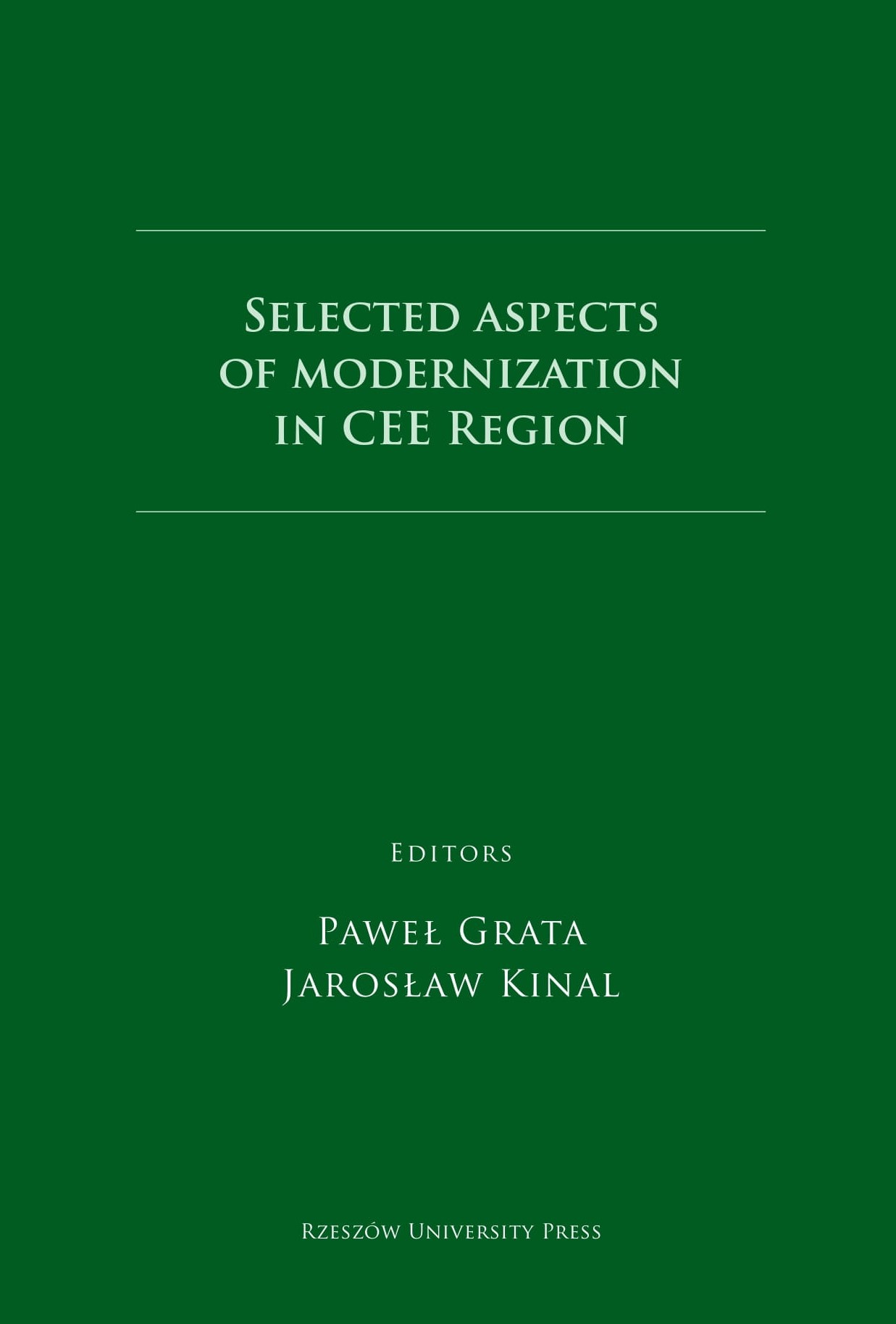
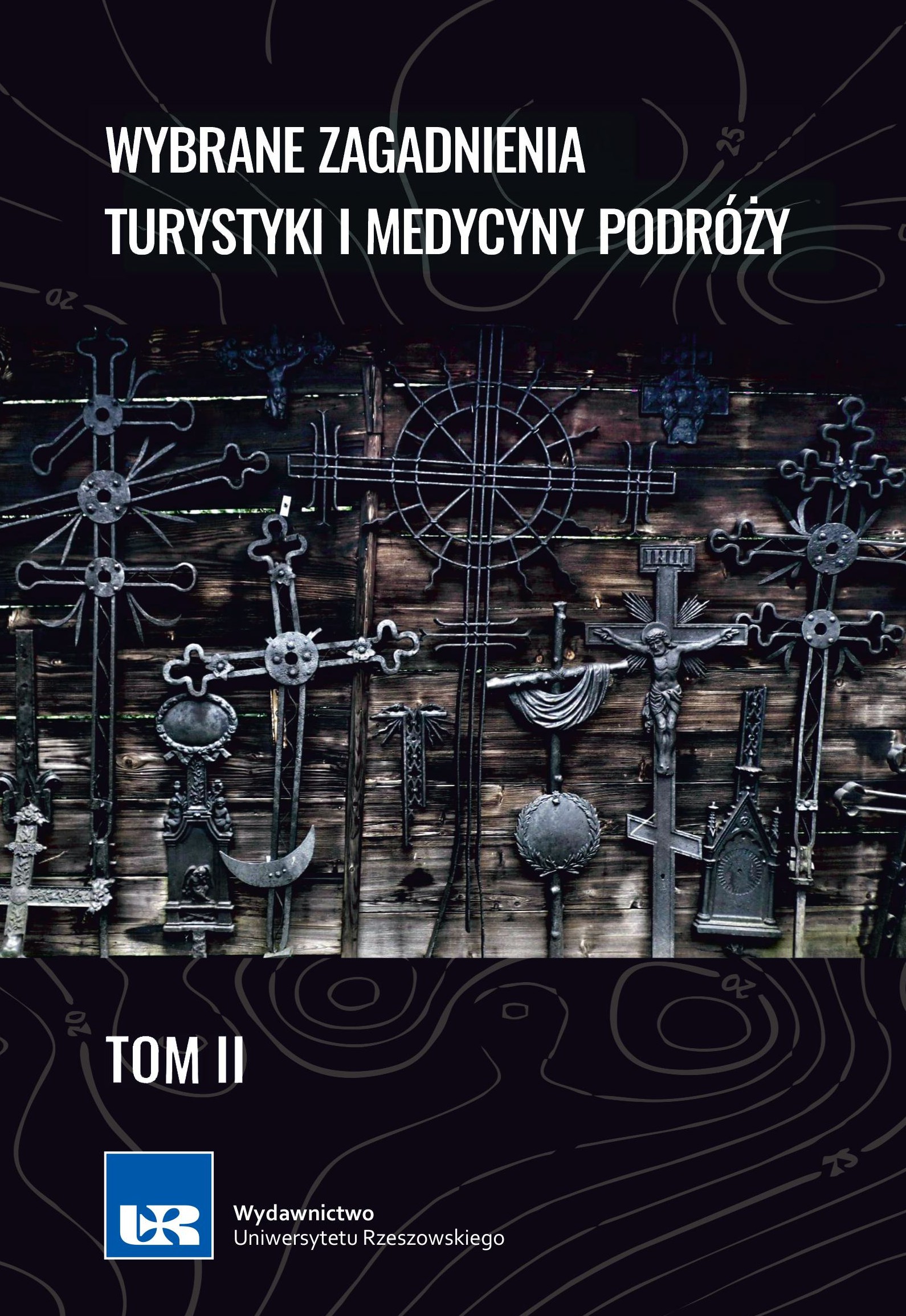
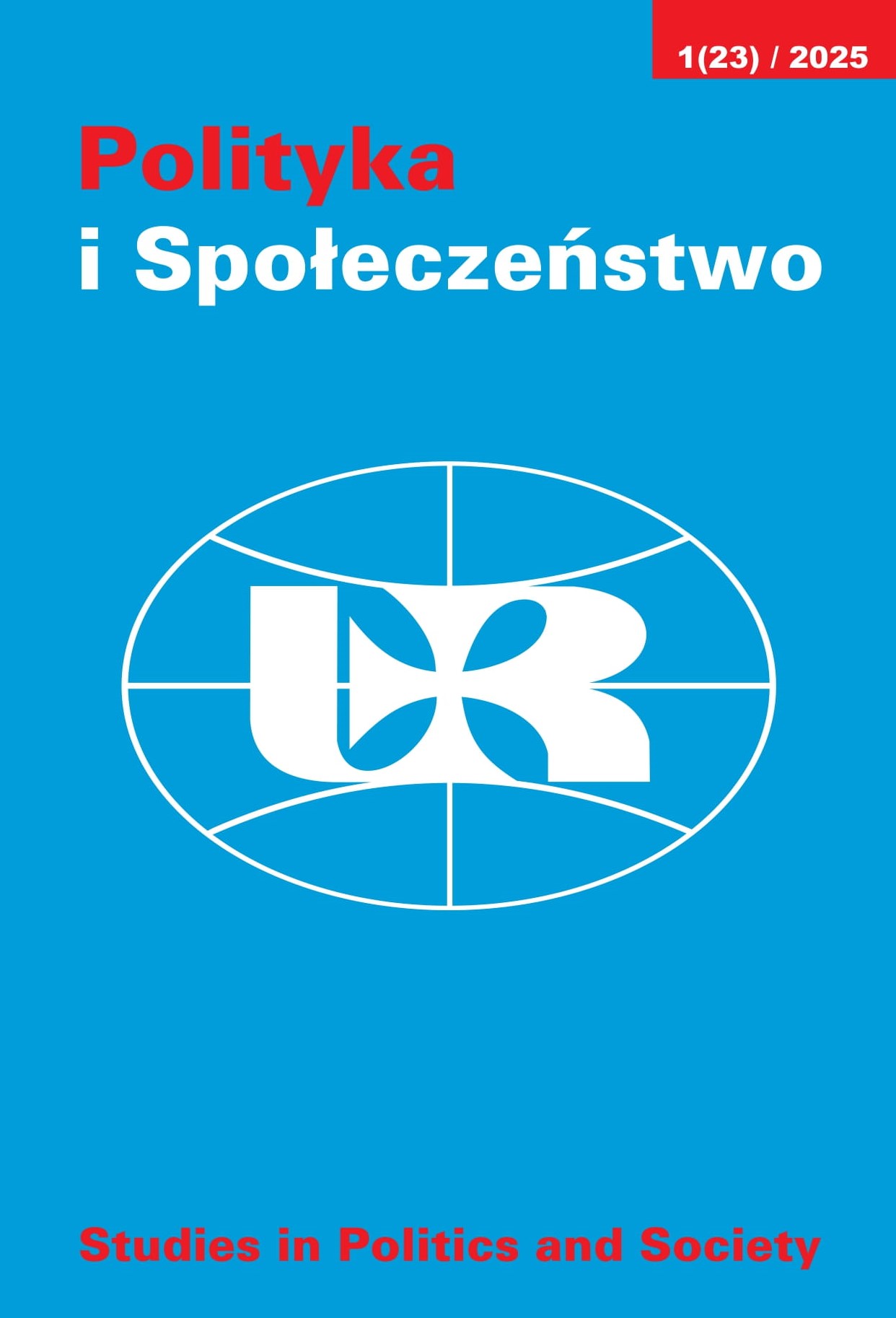
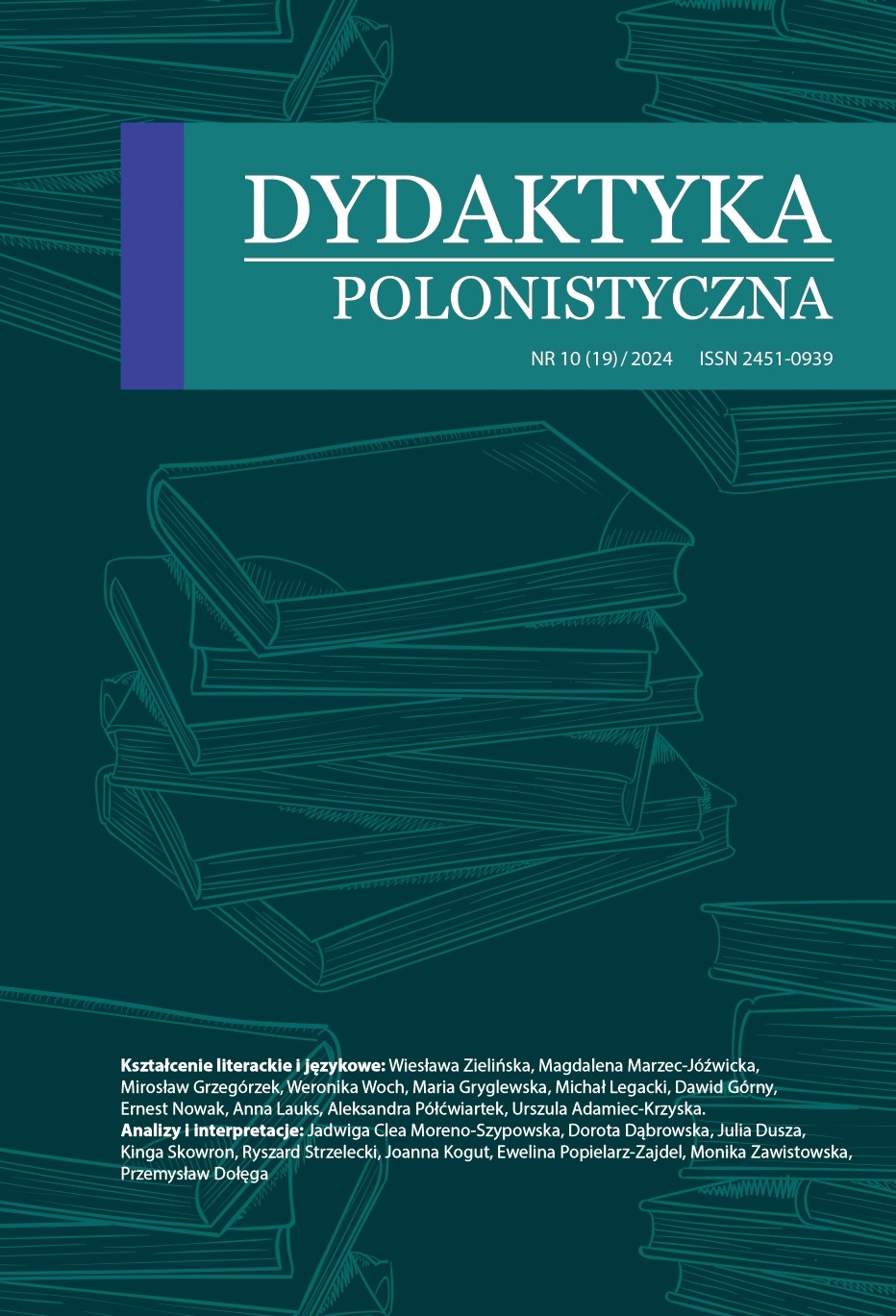
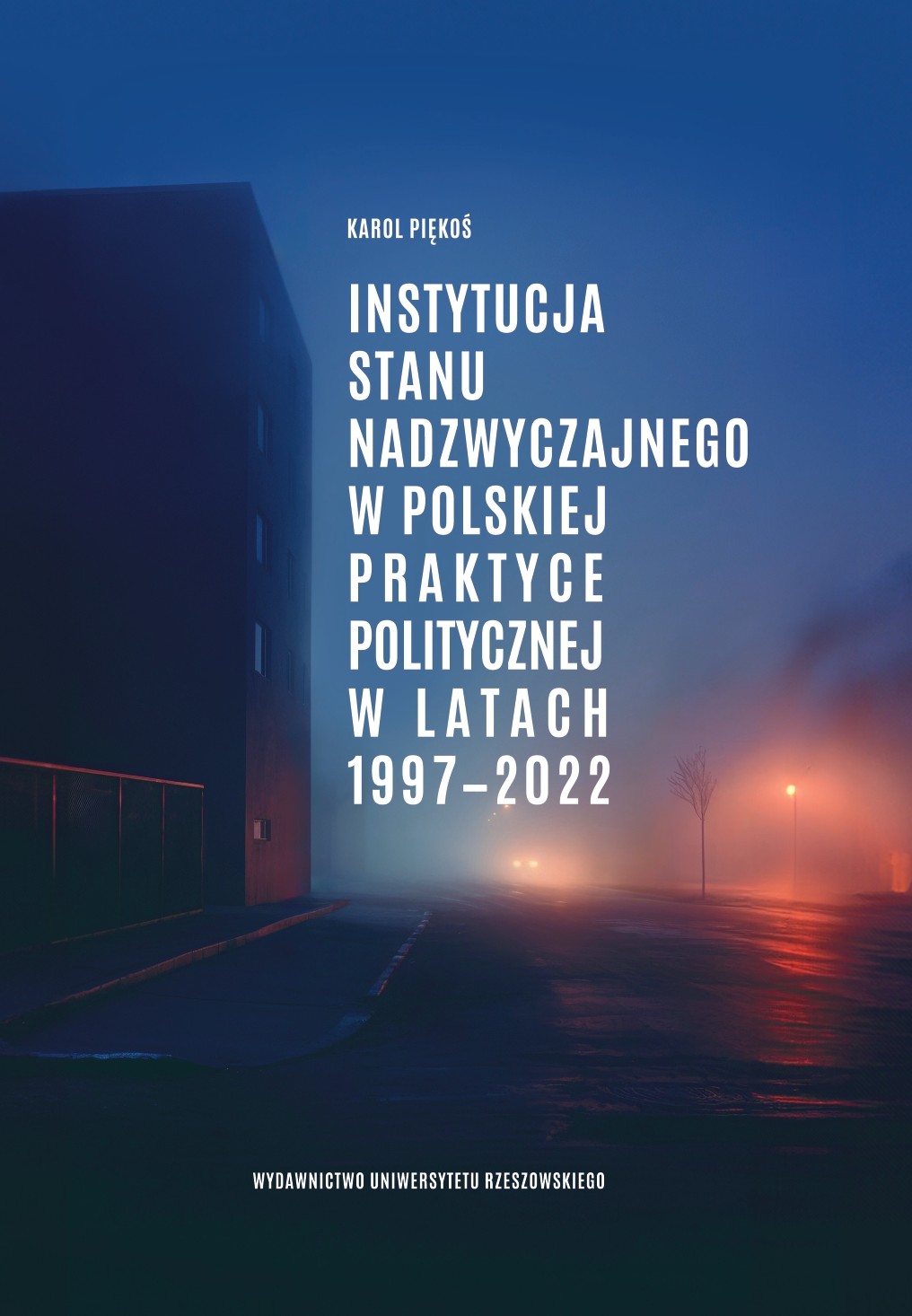
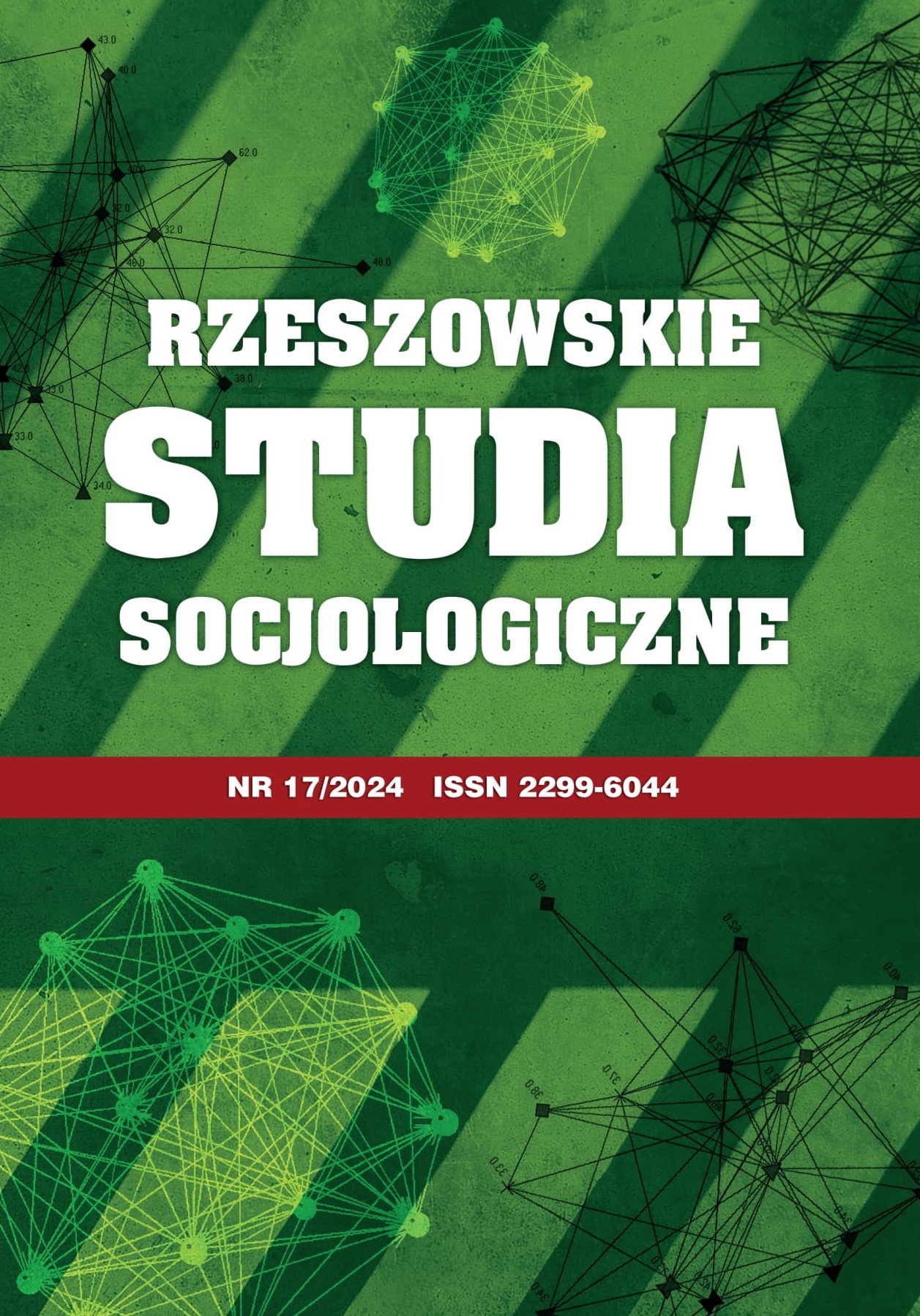

Copyright © 2025
wydawnictwo@ur.edu.pl
tel. 017 872 13 69 (Kolportaż)
tel. 017 872 14 37 (Dyrektor)
faks: 17 872 14 26
e-mail: wydawnictwo@ur.edu.pl
Adres:
ul. prof. St. Pigonia 6, 35-310 Rzeszów